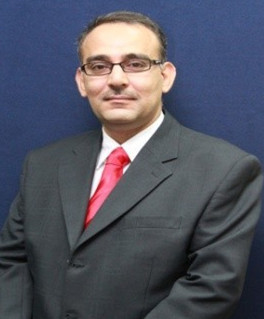Abstract—Pyrolysis temperature is the key factor
influencing the biochar yield. Experiments were performed to
study the effect of pyrolysis temperature and additive dose on
biochar yield. It was observed that biochar yield decreased
with an increase in pyrolysis temperature and maximum yield
was obtained at 300 oC. Conversely, surface area of the biochar
increased with an increase in temperature and maximum
surface area was obtained at 700 oC. The biochar was
impregnated with different dosage of CaCO3 to analyze the
effect of CaCO3 as an additive dosage on biochar properties.
Addition of CaCO3 significantly affects the surface area and
pore volume of the biochar, although it does not lead to
significant change in biochar yield. Batch experiments were
performed to explore the potential of raw and impregnated
biochar as an adsorbent for the removal of pentachlorophenol
(PCP). A removal efficiency of 86% and 97% was obtained
with raw biochar and 3% CaCO3 impregnated biochar
respectively.
Index Terms—Adsorption, biochar, optimization, pyrolysis
The authors are with Department of Chemical Engineerring, Indian
Institute of Technology Delhi, Hauz Khas, New Delhi, India (e-mail:
promila.sangwan@gmail.com, aksaroha@chemical.iitd.ac.in).
[PDF]
Cite:Parmila Devi and Anil K. Saroha, "Optimization of Pyrolysis Conditions to Synthesize Adsorbent from Paper Mill Sludge," Journal of Clean Energy Technologies vol. 2, no. 2, pp. 180-182, 2014.


